Early Detection Diagnostics
-
Facebook
-
Twitter
-
Linkedin
Early detection and diagnostics play a crucial role in improving cancer outcomes by identifying the disease at its earliest, most treatable stages. Advances in imaging, blood tests, and biomarker analysis enhance accuracy, leading to timely interventions and better survival rates.

AI-driven blood analysis may spur cancer detection, Hong Kong prenatal test pioneer says
Affordable cancer screening may be available to Hong Kong residents within three years, as advances in artificial intelligence (AI) make the early detection of malignant tumours easier and faster, according to the creator of a pioneering prenatal test for Down syndrome.

Groundbreaking Trial Involving 700,000 Women Kicks Off After AI Predicts Breast Cancer Five Years Early
Thousands of women will participate in a study to see if AI could be used for early breast cancer detection. Around 700,000 women in the UK will take part in the AI breast cancer trial, according to the DHSC. Thirty testing sites will be involved in the study, each fitted with groundbreaking AI digital screening technology. Any woman who has already booked a routine breast cancer screening with NHS will be invited to participate in the study.

How a butterfly’s wings could help diagnose cancer faster and more accurately
Scientists at the University of California San Diego have discovered an unusual but powerful tool in the fight against cancer—the shimmering blue wings of the Morpho butterfly.

PAC-MANN diagnoses early-stage pancreatic cancer with 85% accuracy
Scientists at Oregon Health and Science University (OHSU) have developed a new blood test for pancreatic cancer, one of the most deadly forms of the disease. Tests showed up to 85% accuracy in detection, even in early stages.
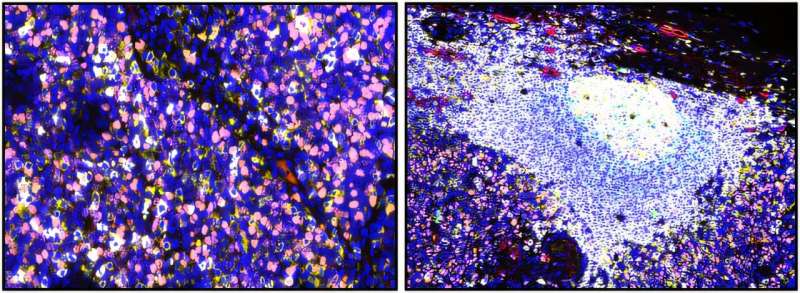
Dysfunctional B cells: A novel target for cancer immunotherapy and diagnostics
University of Pittsburgh School of Medicine and UPMC Hillman Cancer Center scientists have discovered a novel subset of cancer-fighting immune cells that reside outside of their normal neighborhood—known as the tertiary lymphoid structure—where they become frustratingly dysfunctional when in close contact with tumors.

Higher Calcium Intake Linked to Reduced Colorectal Cancer Risk
Finding was consistent across calcium sources and tumor sites
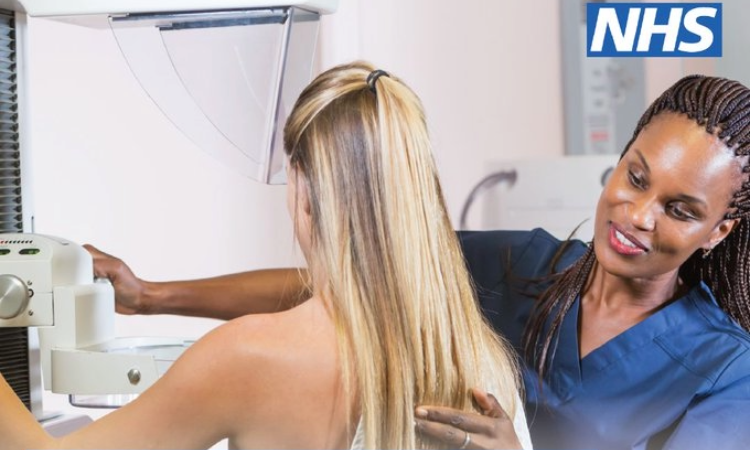
NHS launches first-ever breast screening campaign to help detect thousands of cancers earlier
Thousands more breast cancers could be detected earlier in England next year in a major new NHS drive to support more women to attend potentially life-saving breast screening.
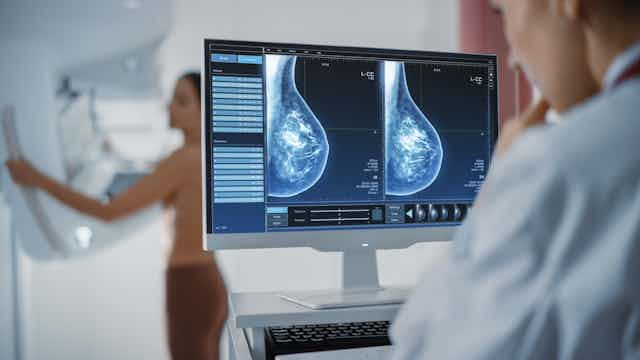
Having dense breasts is linked to cancer. But advice about breast density can depend on where you live
Having dense breasts is a clear risk factor for breast cancer. It can also make cancers hard to spot on mammograms.
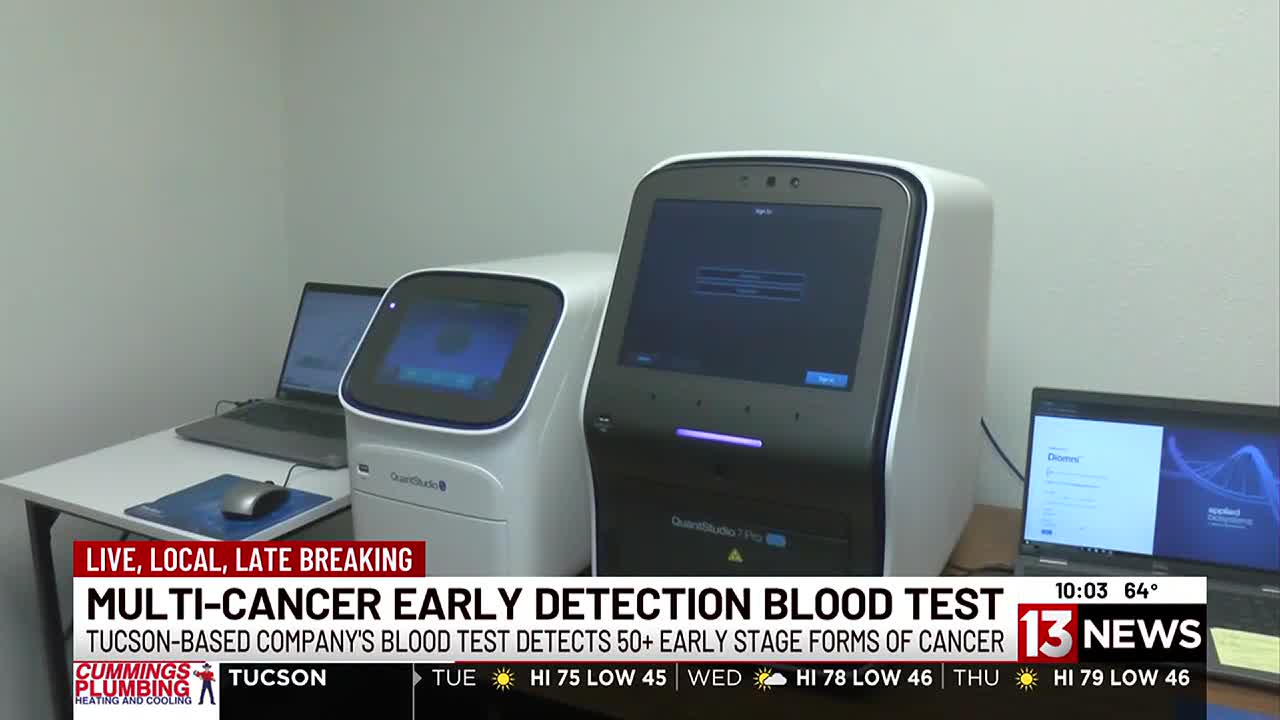
Multi-cancer early detection blood test developed in Tucson
ccording to company co-founder and CEO Mark Nelson, the test can detect 50 types of cancers in their early stages. If the cancers are detected early enough, they can be diagnosed and treated much quicker.

Scientists discover the ‘roadmap’ that aggressive cancer uses to spread
New research published in Nature Communications reveals how cancer cells are altered by their surroundings, enabling them to change their shape and break out of a tumor.

Urinary DNA methylation test shows some promise for noninvasive bladder cancer screening
Researchers led by the University of Ulsan College of Medicine, Korea, have checked the performance of a noninvasive urinary DNA methylation test for bladder cancer diagnosis.
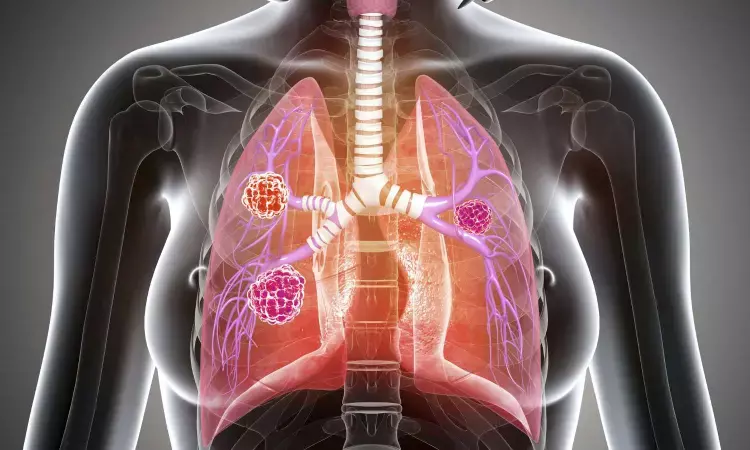
Comprehensive CT Scans May Help to Identify Atherosclerosis Among Patients With Lung Cancer
Several cardiovascular risk factors such as advanced age and smoking history may be prevalent among patients with lung cancer at the time of diagnosis and may increase their risk of future cardiovascular disease,
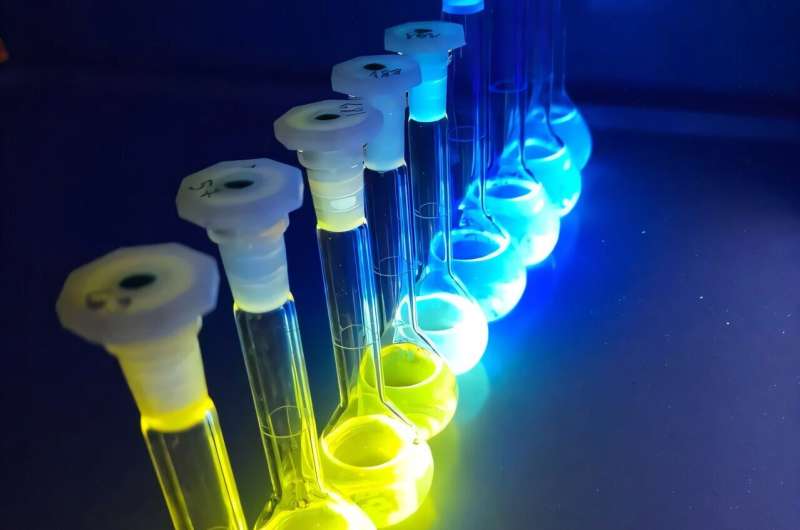
Light-activated dyes show promise in targeting cancer cells
Melanoma is one of the most aggressive skin cancers, with more than 300,000 new cases reported worldwide each year. In Europe, the number of diagnoses has been rising rapidly.
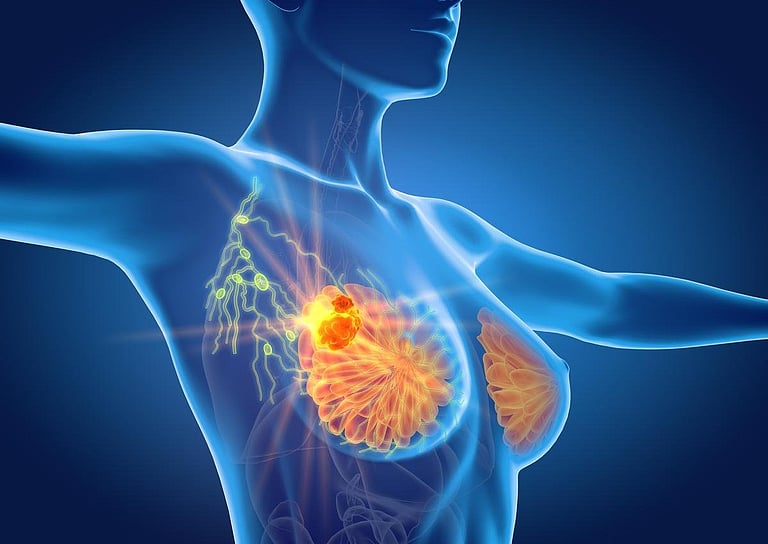
AI Contributes to Early Detection of Clinically Relevant Breast Cancer
THURSDAY, Feb. 13, 2025 (HealthDay News) — Artificial intelligence (AI) contributes to early detection of clinically relevant breast cancer, according to a study published online Feb. 3 in The Lancet Digital Health.
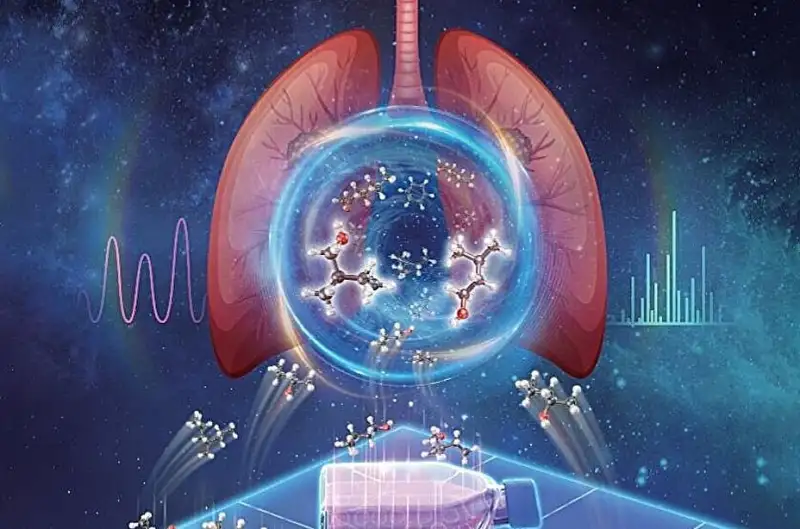
New approach identifies reproducible volatile organic compounds for lung cancer diagnosis
A research team has developed a multi-medium approach (MMA) to identify reproducible volatile organic compounds (VOCs) in lung cancer cells.
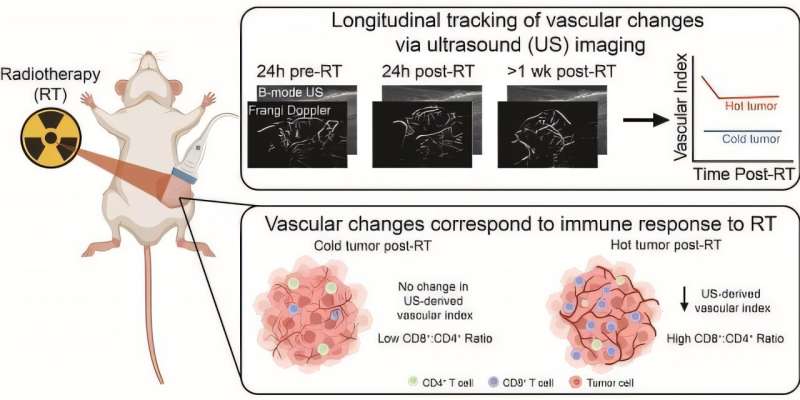
Ultrasound imaging of breast cancer tumors offers noninvasive monitoring of treatment effectiveness
In the ongoing battle against triple negative breast cancer, Vanderbilt researchers have uncovered a promising non-invasive method to track how tumors respond to radiation and immunotherapy, which uses the body’s own immune system to fight cancer.
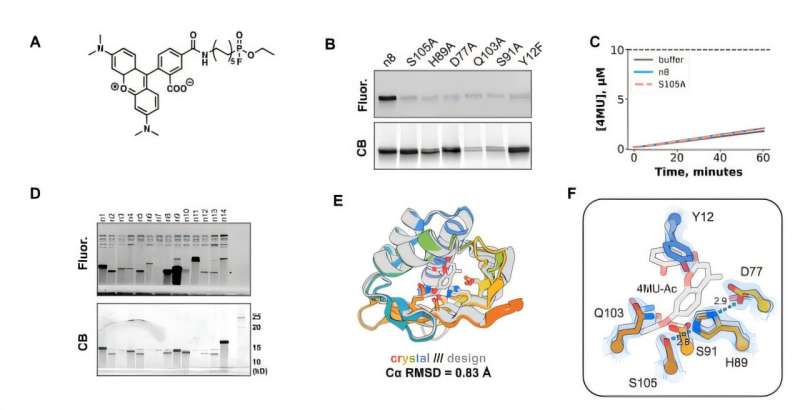
A newly discovered biomarker can predict cancer aggressiveness
Using a new technology and computational method, researchers from Fred Hutch Cancer Center and The University of Texas MD Anderson Cancer Center have uncovered a biomarker capable of accurately predicting outcomes in meningioma brain tumors and breast cancers.

Accenture CEO Julie Sweet’s cancer diagnosis shows how execs should share life-altering health events
In today’s CEO Daily: Diane Brady on how CEOs should handle a cancer diagnosis.
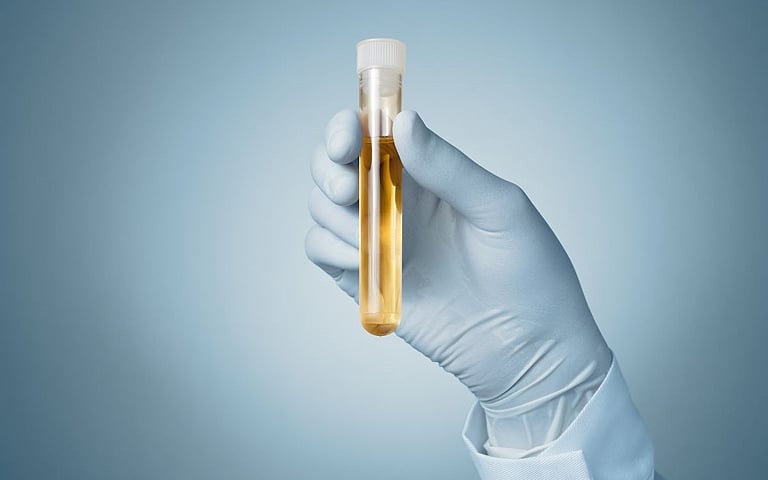
Urine-Based Test Provides Accurate Testing Option for Advanced Prostate Cancer
The 18-gene MyProstateScore 2.0 (MPS2) test using first-catch non-digital rectal examination (DRE) urine is highly sensitive for grade group (GG) ≥2 prostate cancer and can improve the proportion of biopsies avoided.
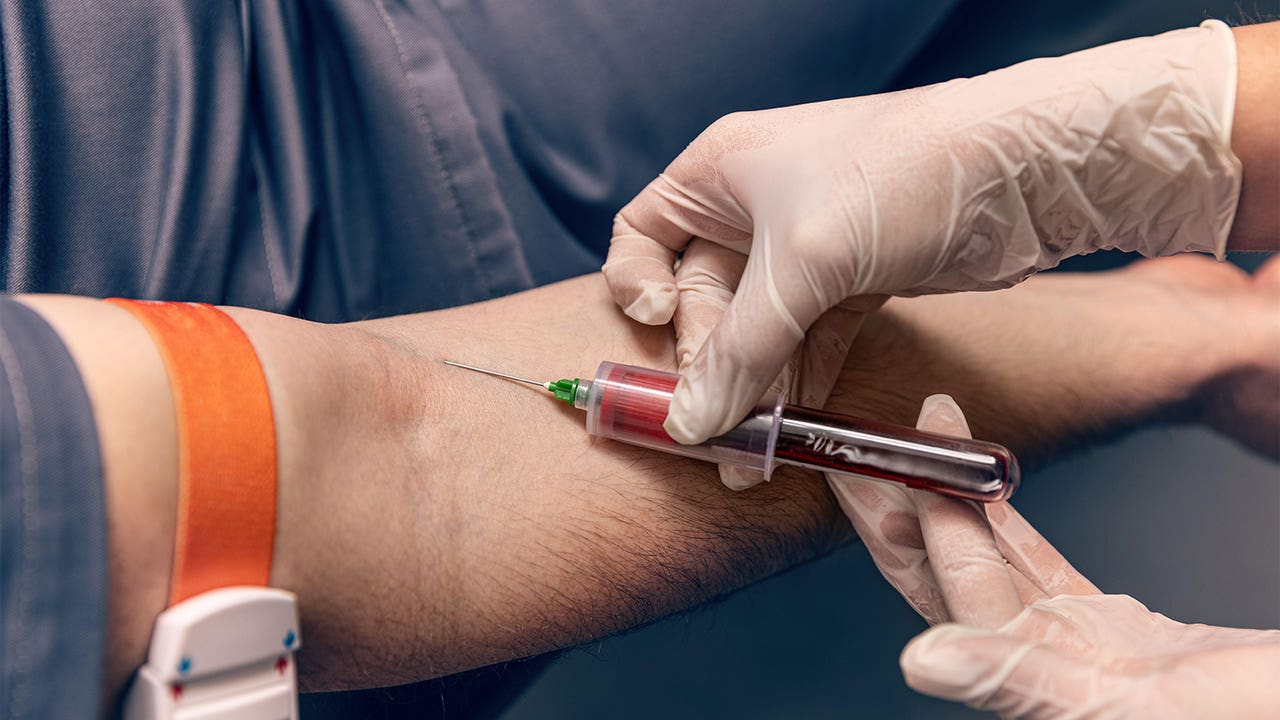
Blood Test for Early Pancreatic Cancer Shows Promise
The blood test achieved high accuracy, with 98% specificity and 73% sensitivity for detecting pancreatic cancer.

Efforts to improve cancer research must persist and intensify – opinion
The integration of new technologies and treatment paradigms into the country’s health system each year enhances patients’ quality of life and enables many to manage their illnesses more effectively.
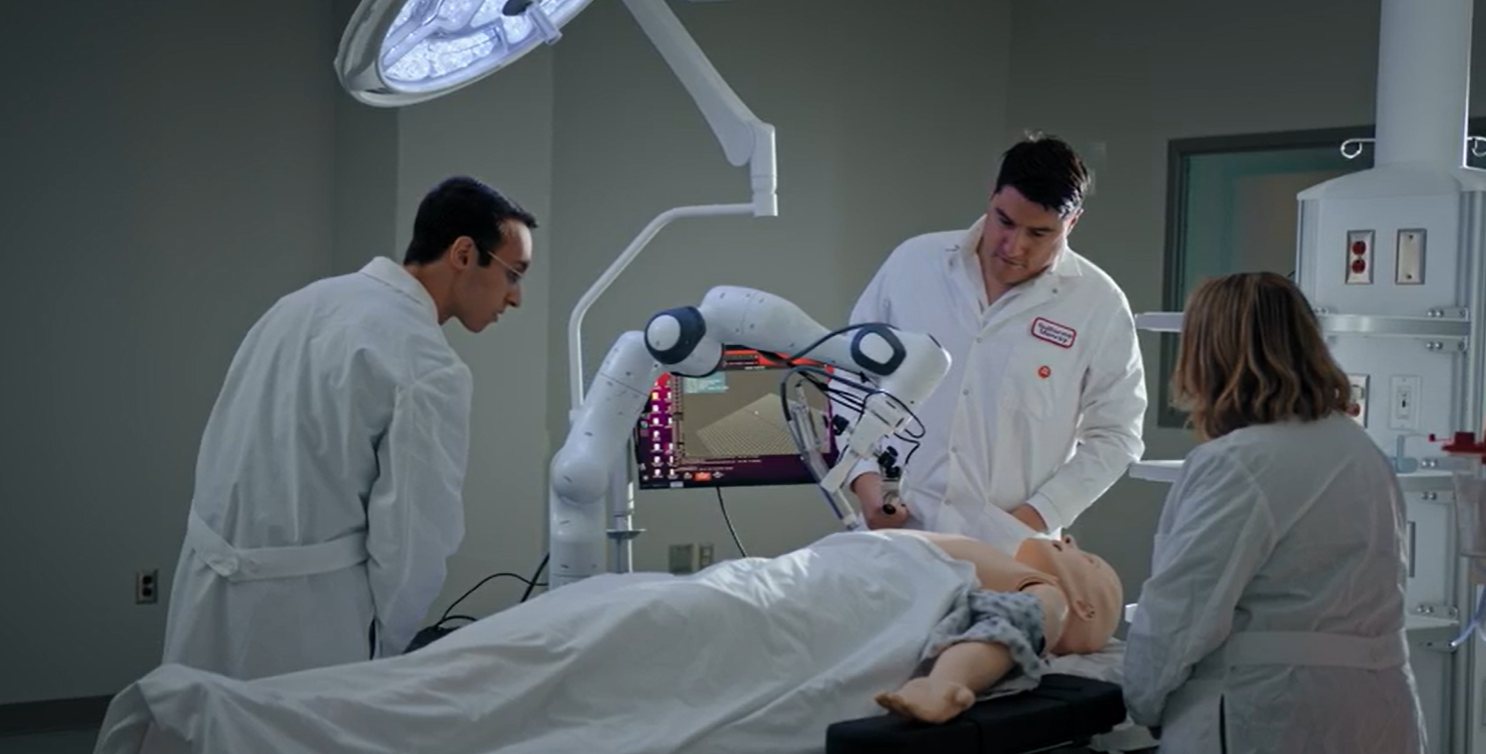
UI researchers develop new imaging tool aiming to lower re-operation rates after cancer surgery
The Margin Diagnostics (MarginDx) project combined imaging technology and other tools to assist doctors during surgeries and ensure all tumor cells are removed. The system collects an “optical biopsy,” similar to an ultrasound, but uses light instead.
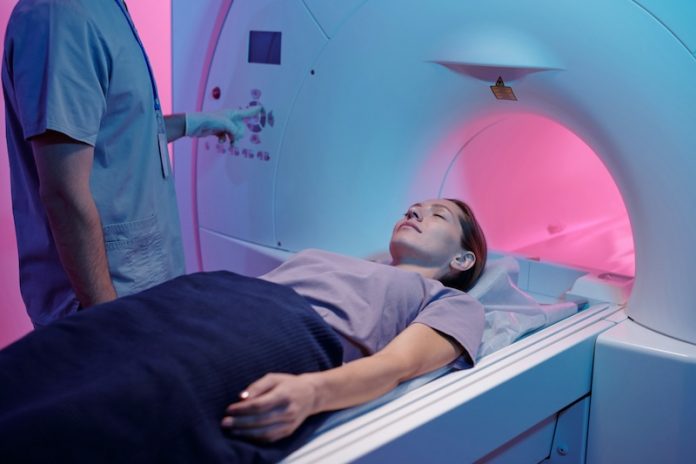
AI could detect cancer in abdomen early, study finds
Artificial intelligence (AI) is becoming an essential tool in medical imaging, helping radiologists analyze scans faster and more accurately. However, AI models need a massive amount of labeled data to work well, which means radiologists still spend a lot of time marking images manually.
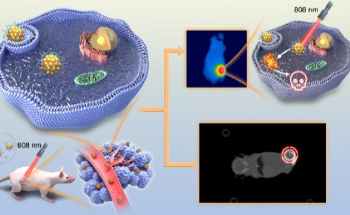
New Nanosystem Offers Precision Targeting and Therapy for Tongue Cancer
Researchers have developed a new nanosystem that provides precision targeting and therapy for tongue cancer, potentially improving treatment outcomes.






